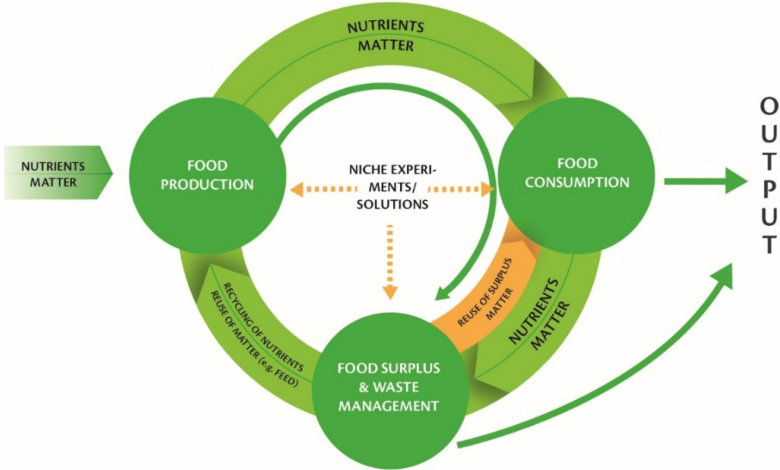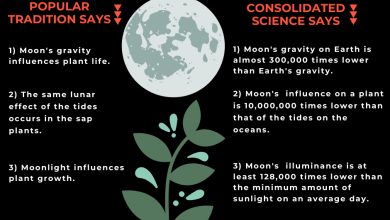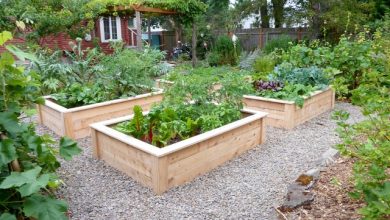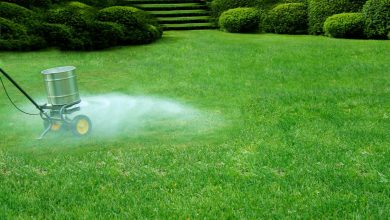Organic Food and Responsible Consumption. Towards a greener economy

The market of consumers concerned about the environment is growing, ecological products are increasingly in demand and citizen awareness of environmentally friendly habits is being integrated into society, for all this, the term «green economy» appears. which is nothing more than an intermediary between the environment and the urban environment.
The «green economy» aims to implement a sustainable production model to reduce environmental risks and ecological scarcity, as well as promote environmental development. The production and consumption of ecological products and in particular the self-cultivation of the same urban gardens, contributes to the growth of this economy.
Being health the main concern of all human beings, and food the fundamental pillar, the consumer is increasingly oriented towards the safety of healthy products headed by the labeling as «organic products», because they are perceived as higher quality products. quality and that provide a more complete nutritional contribution obtained from treatments without chemical components. The consumption of these ecological products is also directly related to the concern for the environment due to its respectful production method that makes the sustainability of production recover, on the other hand closer to traditional production.
The consumer profile is characterized by a greater number of young women from large cities and a medium-high social position. They are usually people with a high level of academic training and with stable jobs (According to the study of the Environment and Rural and Marine Affairs). On the other hand, it is revealed that the average consumer does not recognize the seals that indicate organic food, only about 26% know how to distinguish an organic product and recognize its quality advantages.
This indicates that the market for organic food products is yet to be discovered and expanded through the best information and marketing about their products.
The interaction of traditional societies with their environment was more sustainable in the traditional system than in the industrialized society. Traditional societies have been evolving, impacting with their production model, increasingly on ecosystems and their functions. The challenge of modern society and the shift towards a greener economy is to be able to interact with ecosystems, in addition to satisfying human demands, do so in a sustainable way that guarantees the maintenance of minimum ecological functions that guarantee their persistence for future generations. (See Millennium Ecosystems Assessment)
In this line of strengthening and improving the bonds of respect for the environment in our societies, urban gardens represent a commitment to the environment and are a way of reconciling urban life with food production, which is eminently rural.
The ecological consumer represents a lifestyle that is aware of the environment and of self-improvement, seeking in the “green” economy a healthier alternative to the current production and consumption model (See article “ Organic agriculture and urban agriculture ”)
The survival of human beings is undoubtedly thanks to nature. There are many reasons to be sensitive to its operation and strive for those activities that are compatible with it.
From this need for reconciliation, the concept of urban organic gardens is born, in addition to its obvious advantages in the production of higher quality products that are increasingly in demand in our society. These socio-economic-cultural movements are in some way encouraging the shift towards a greener economy capable of bringing economic interests and environmental commitment closer together, leading to a greener future. This represents a great advance and change of mentality, as explained in this article, of a new model of life, even making these «ecological gardens» an element of landscape and aesthetic value in the urban and domestic environment.

![Photo of Clivia Miniata: [Characteristics, Cultivation, Care and Disadvantages]](https://www.complete-gardening.com/wp-content/uploads/2022/08/clivia-miniata-characteristics-cultivation-care-and-disadvantages-390x220.jpg)


